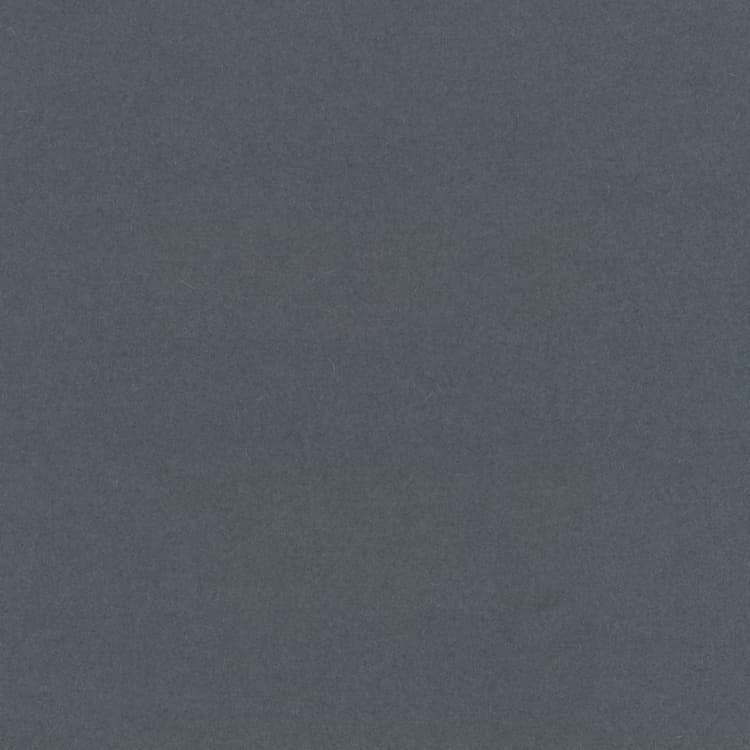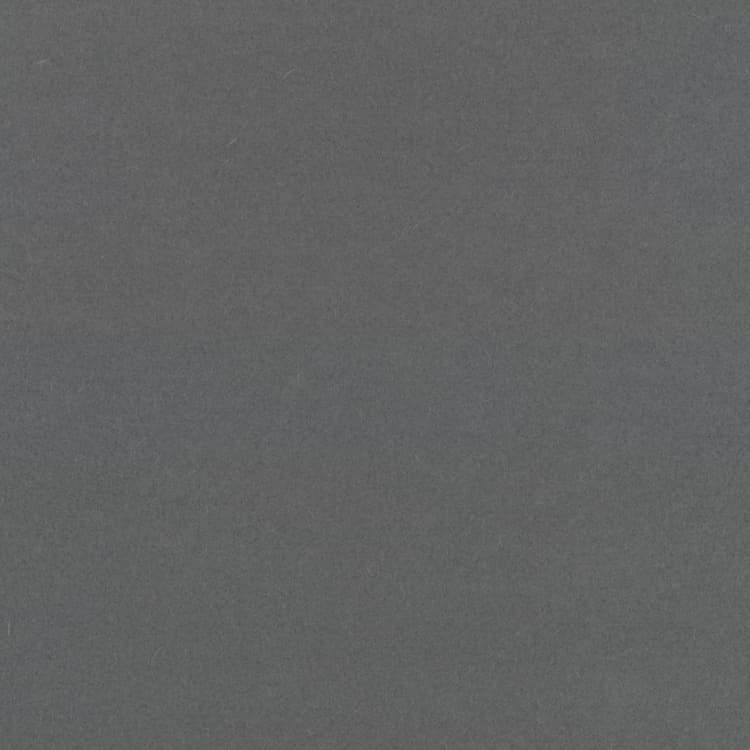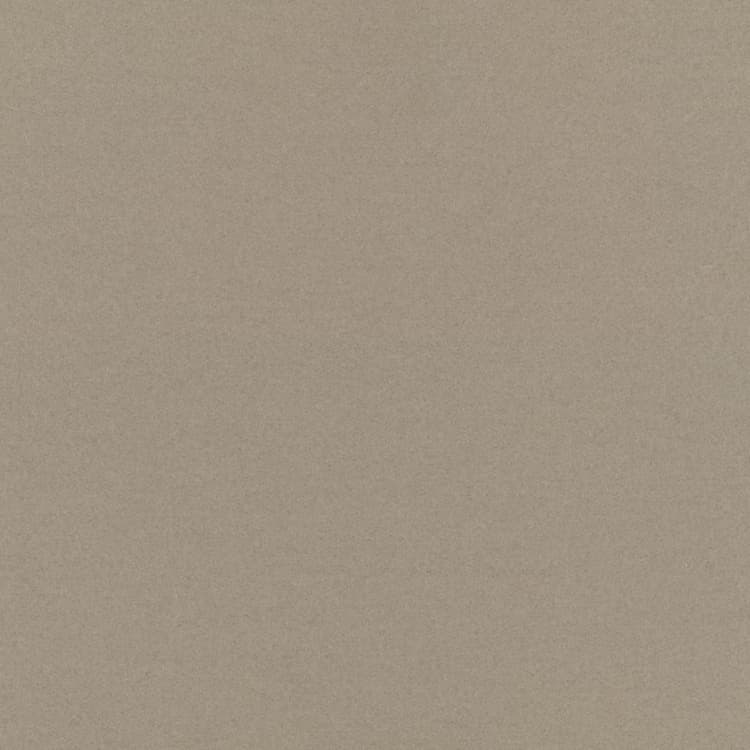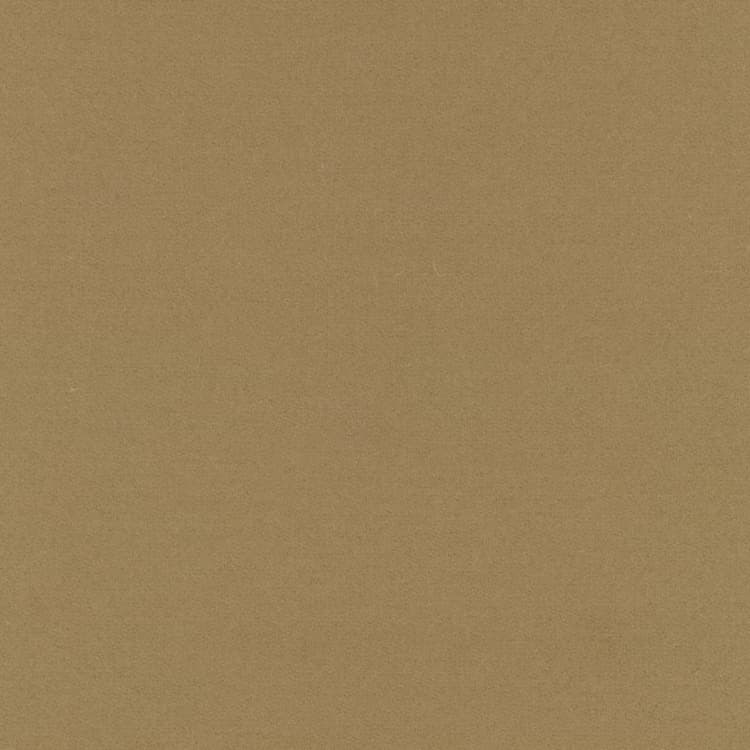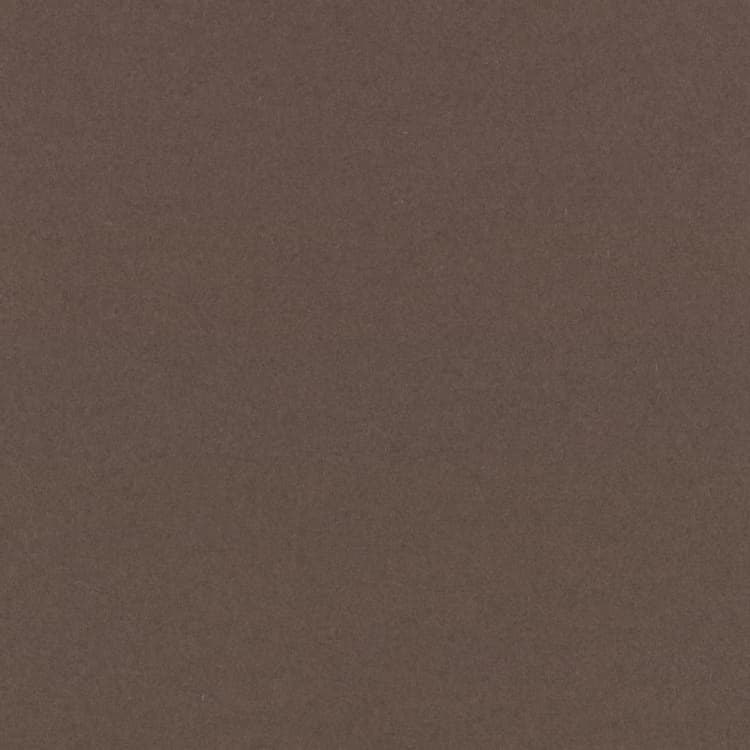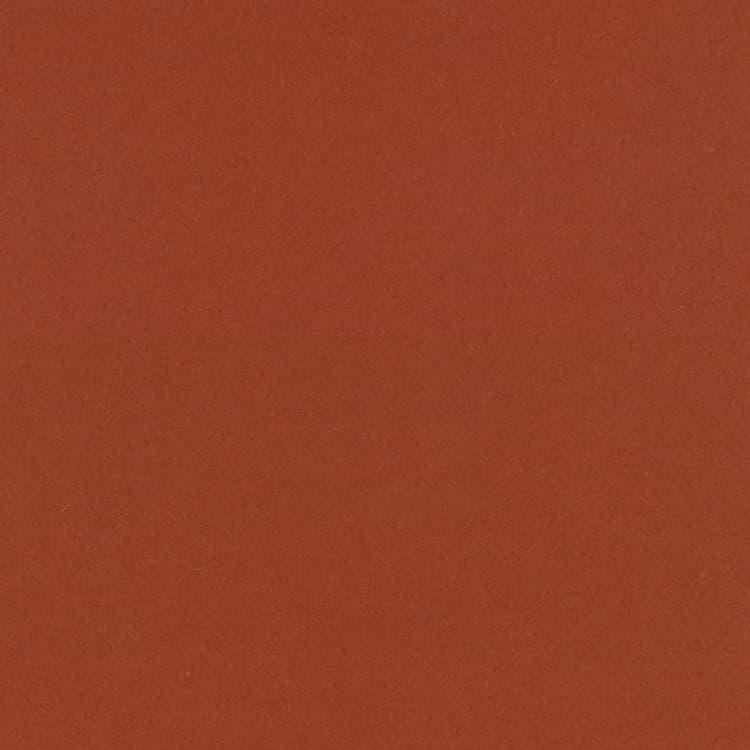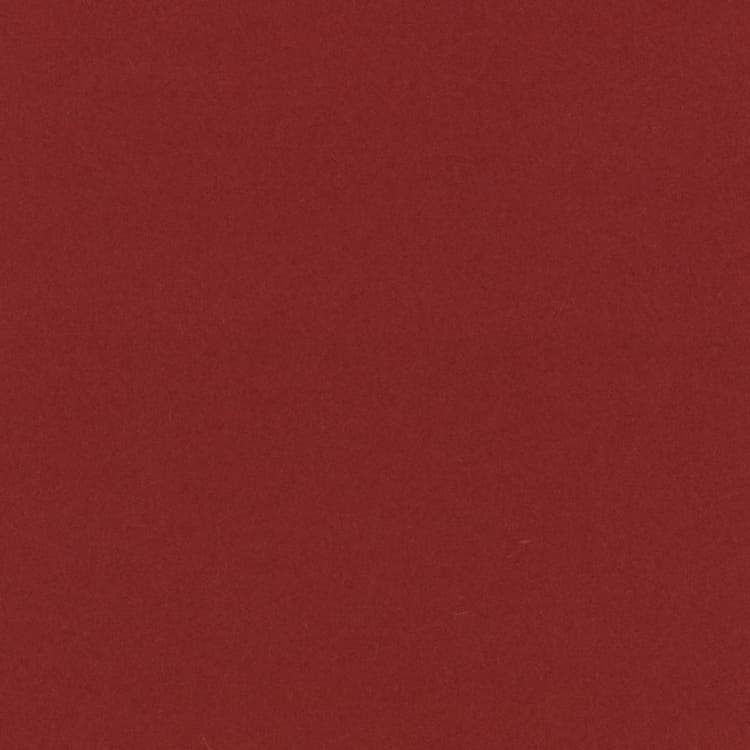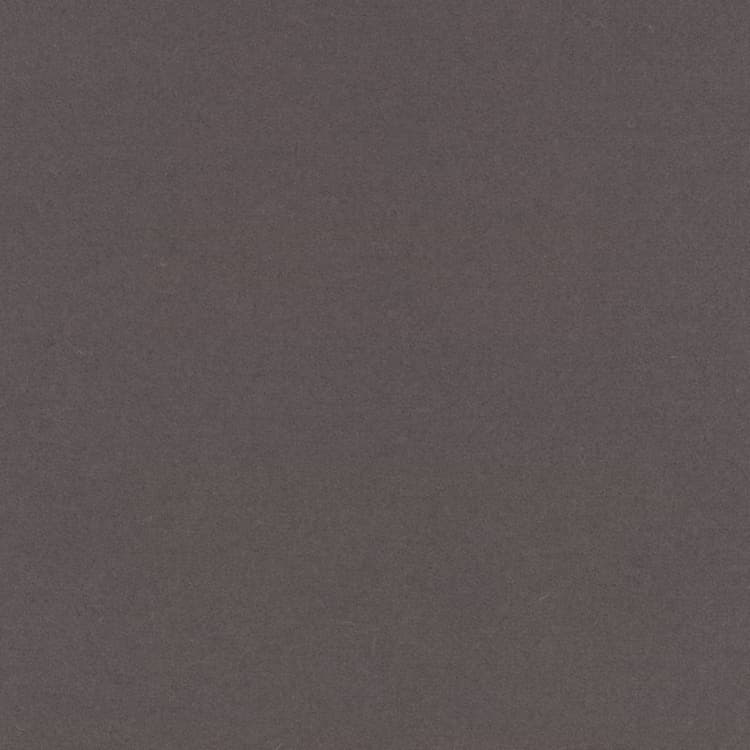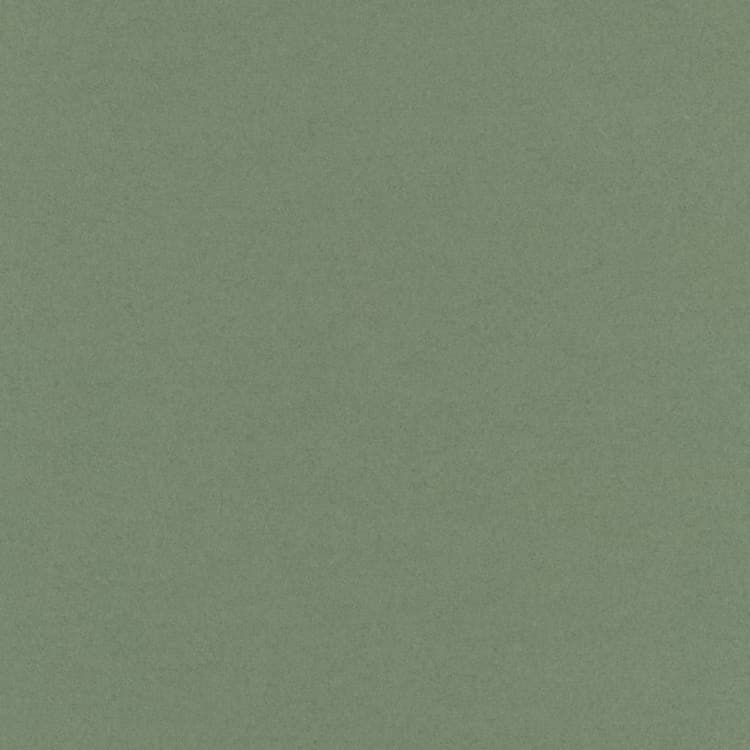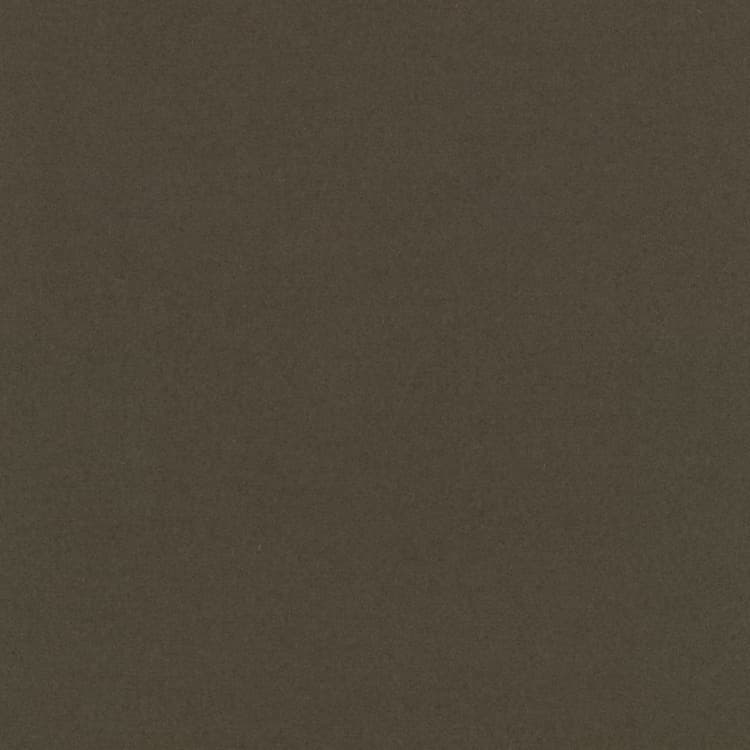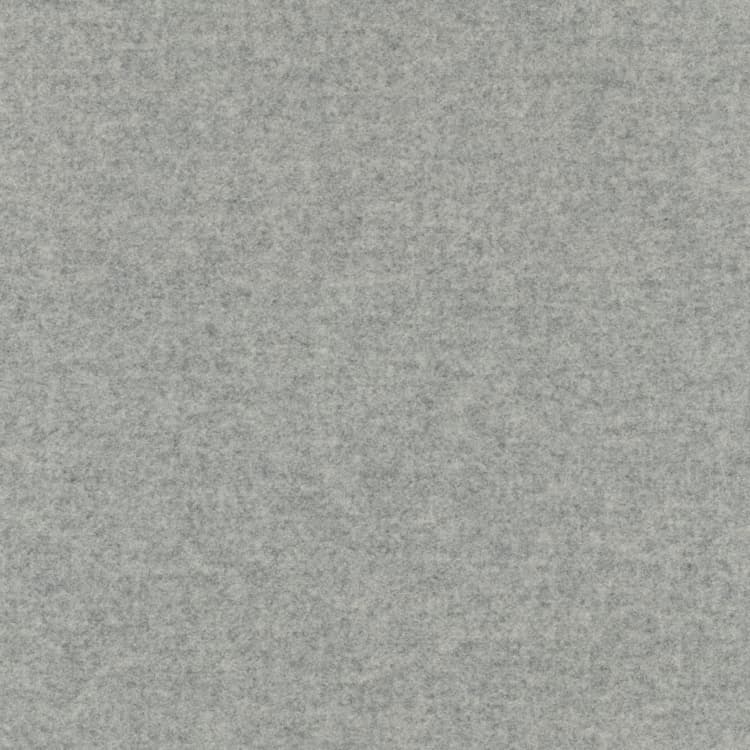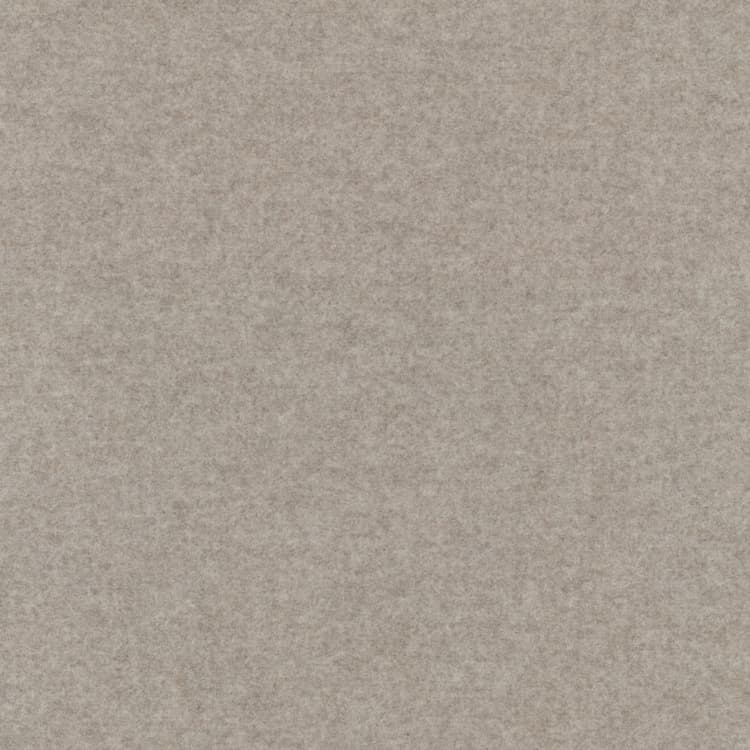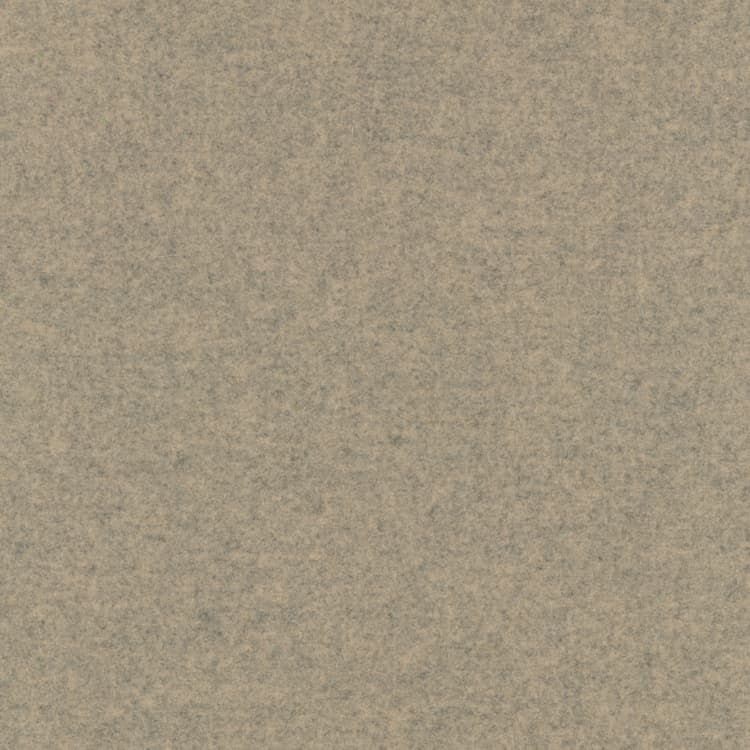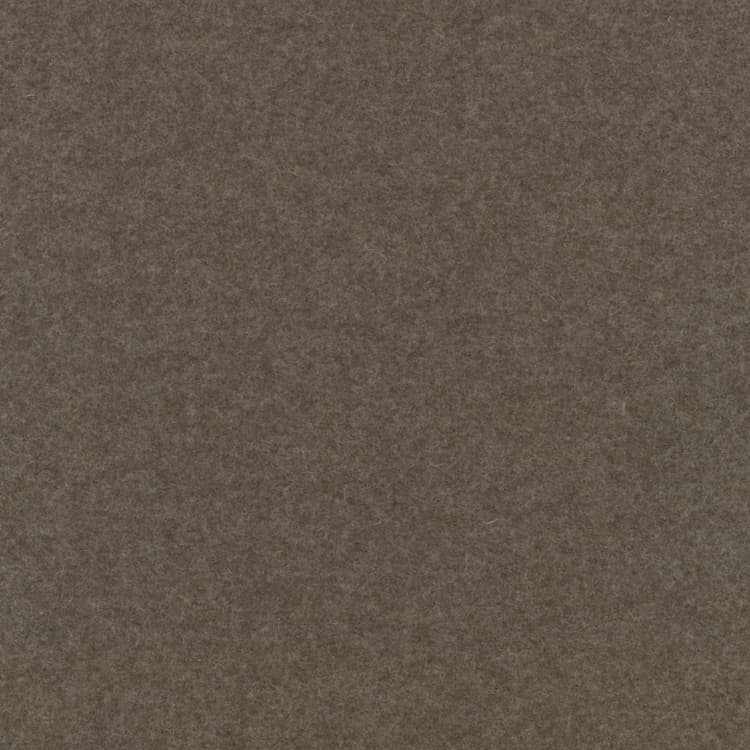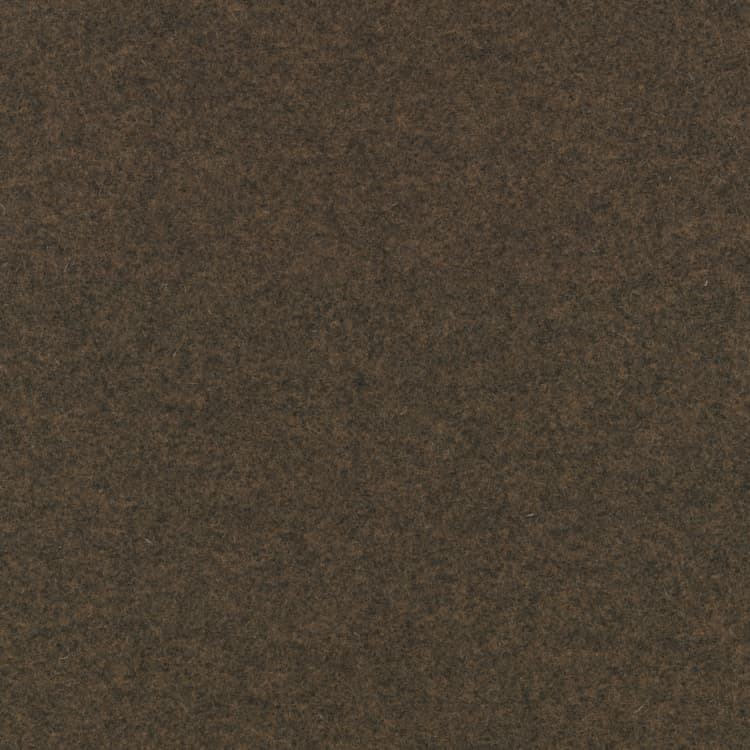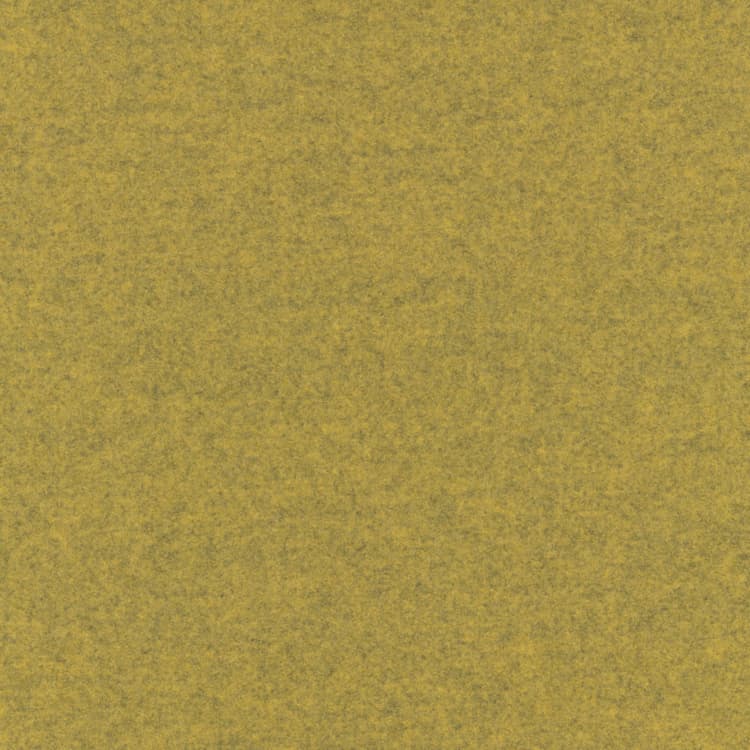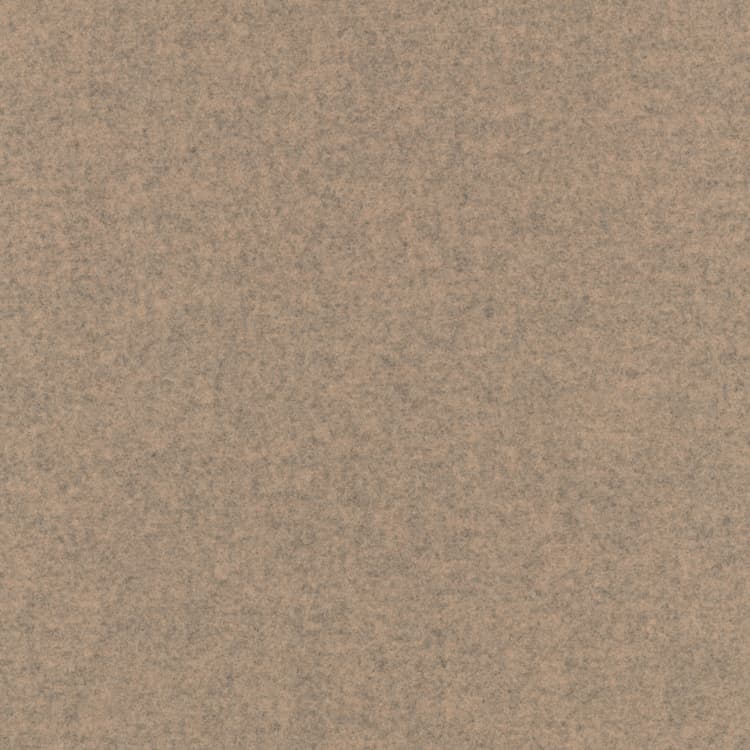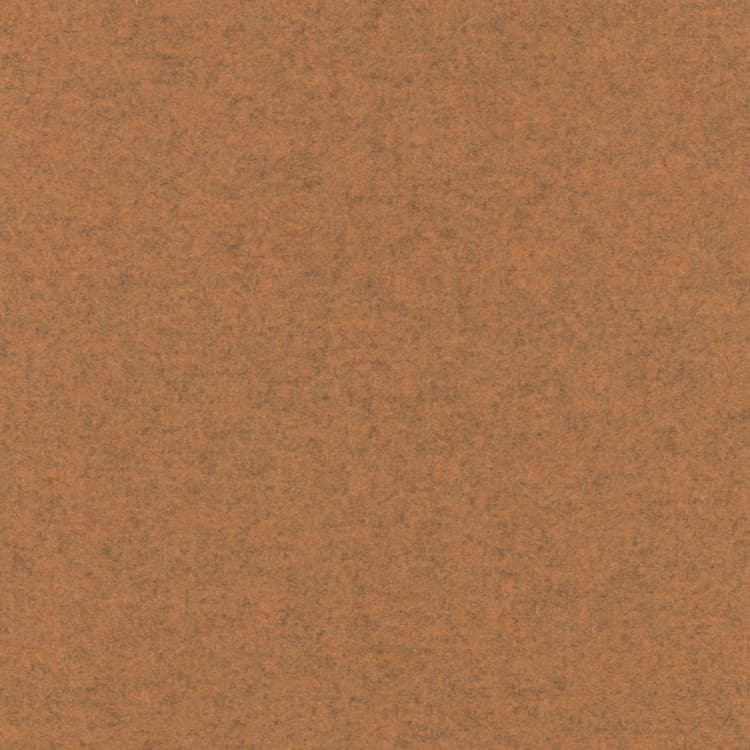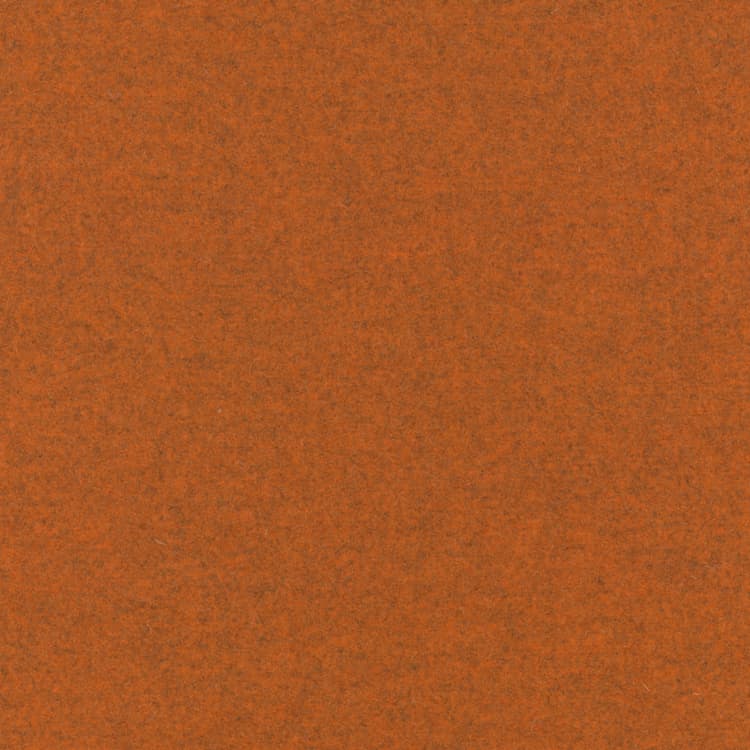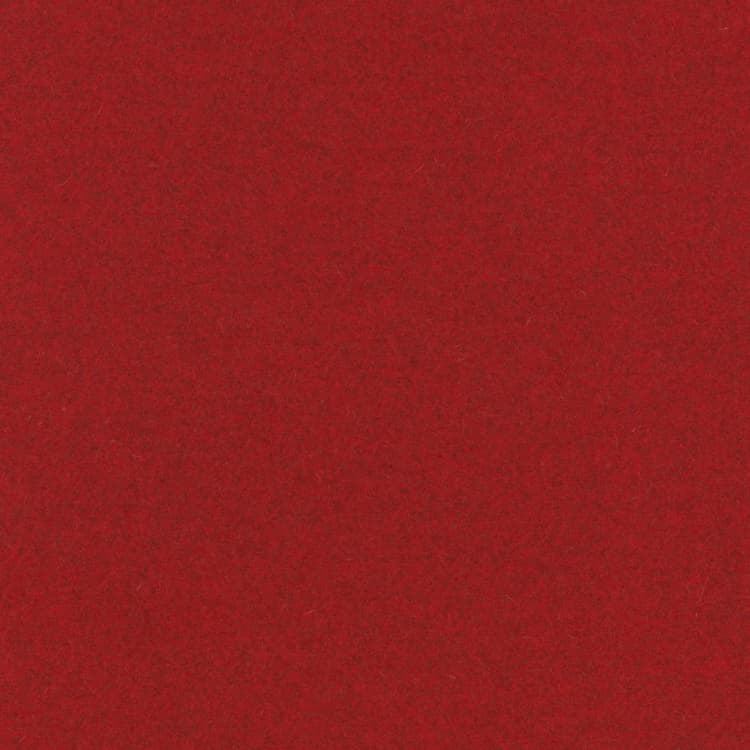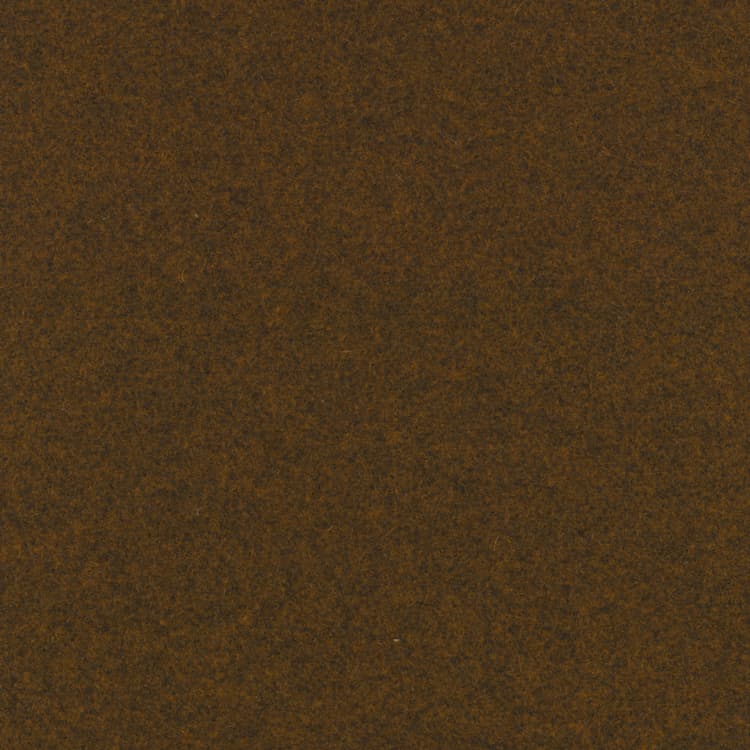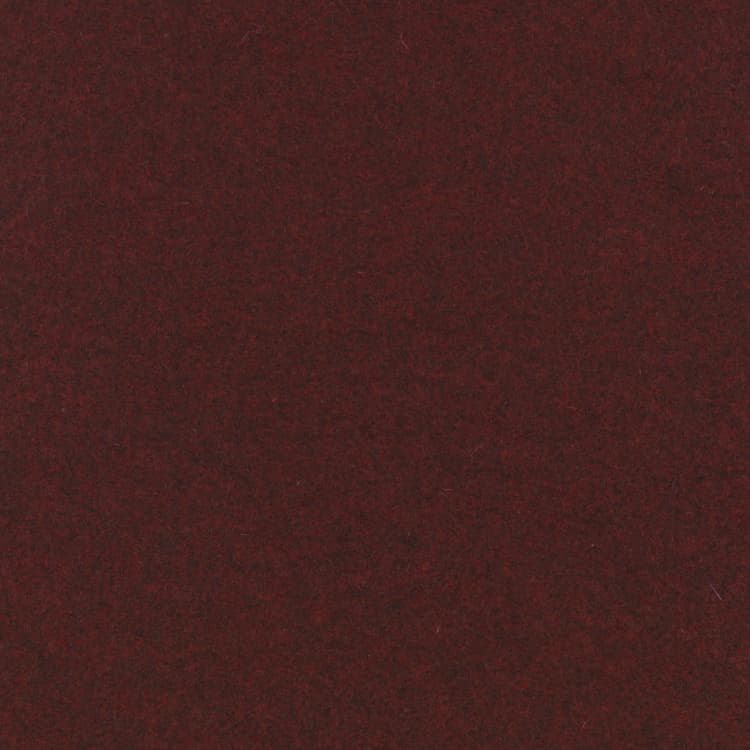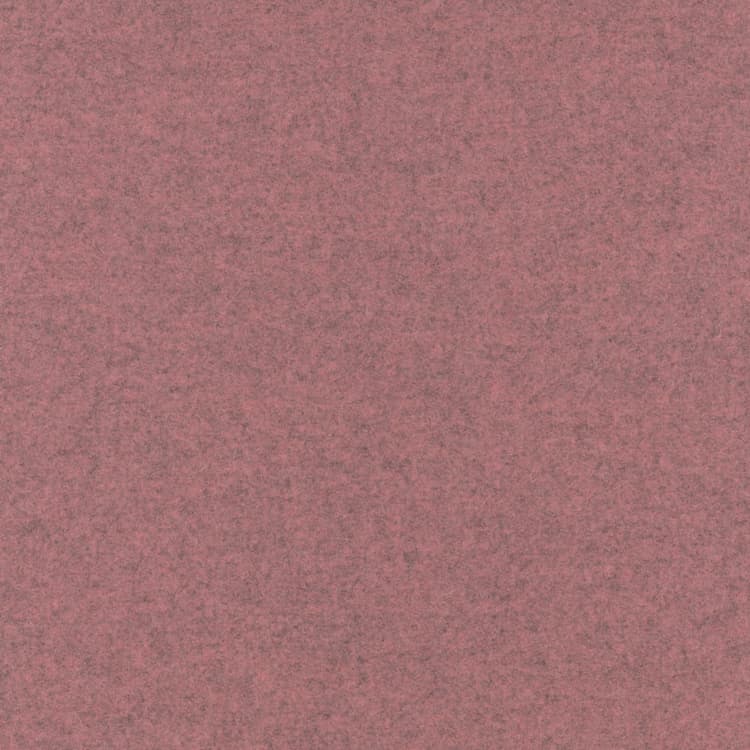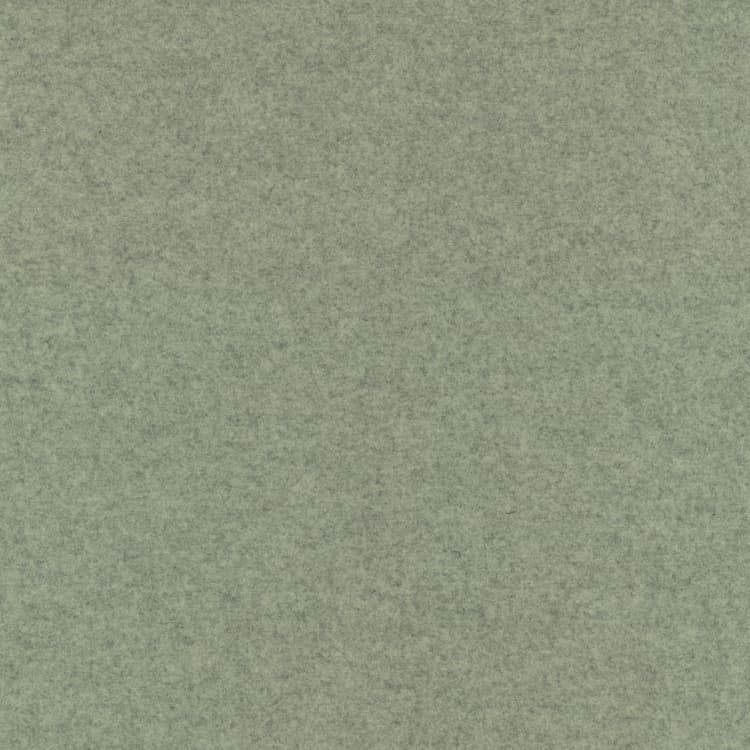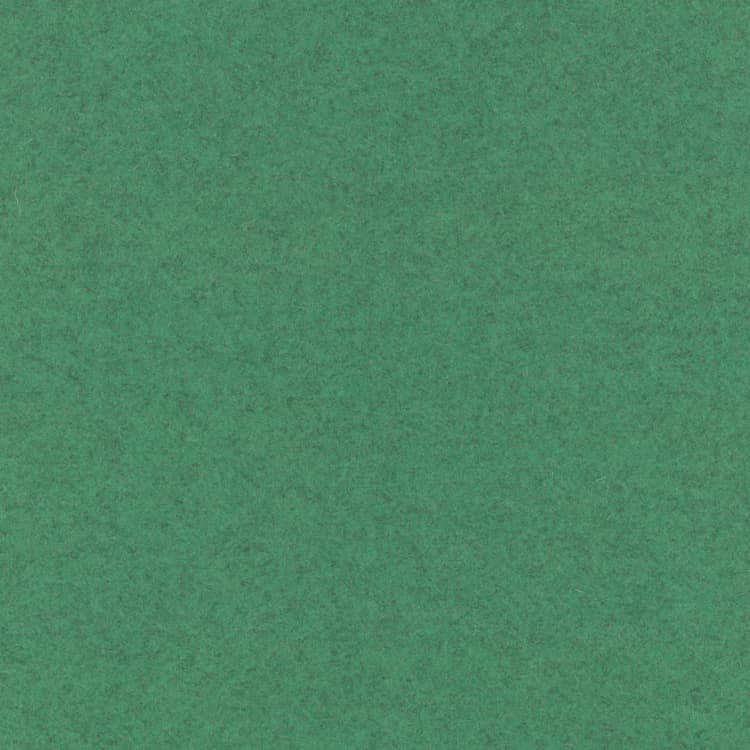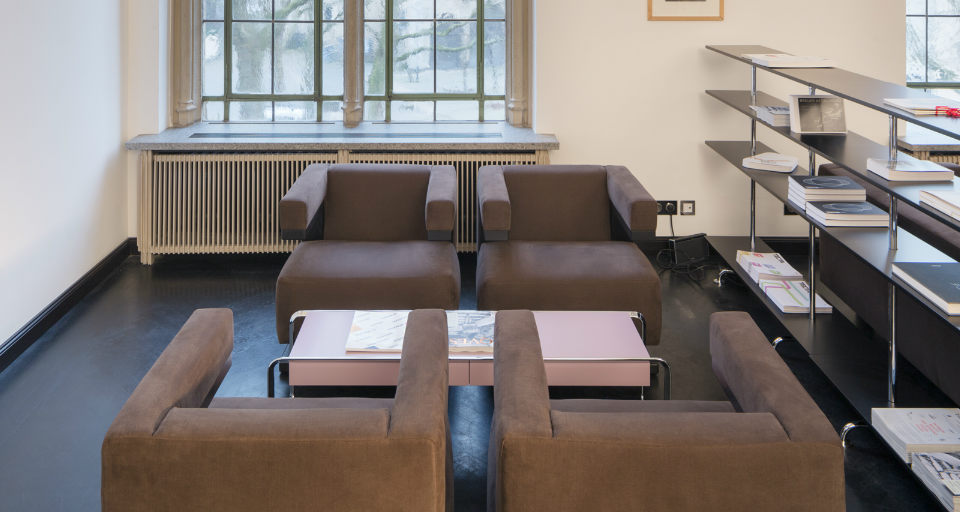
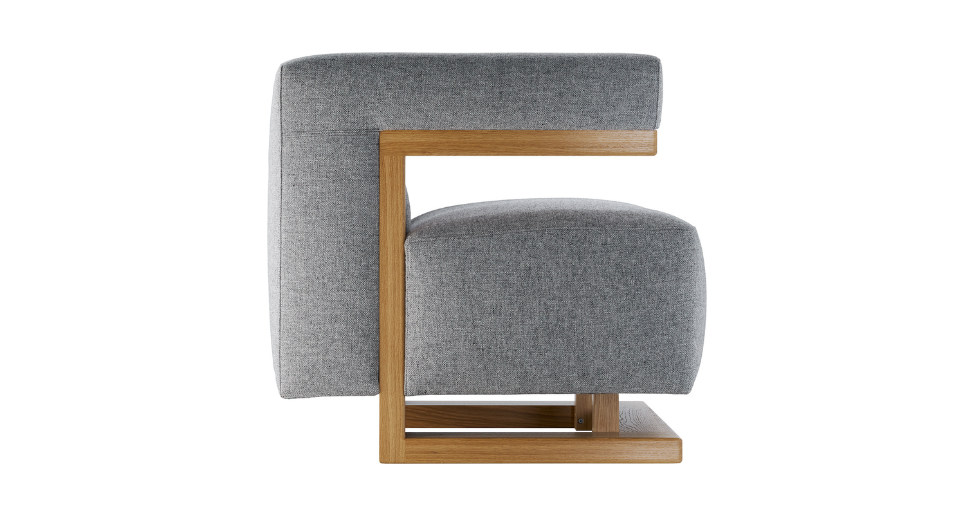
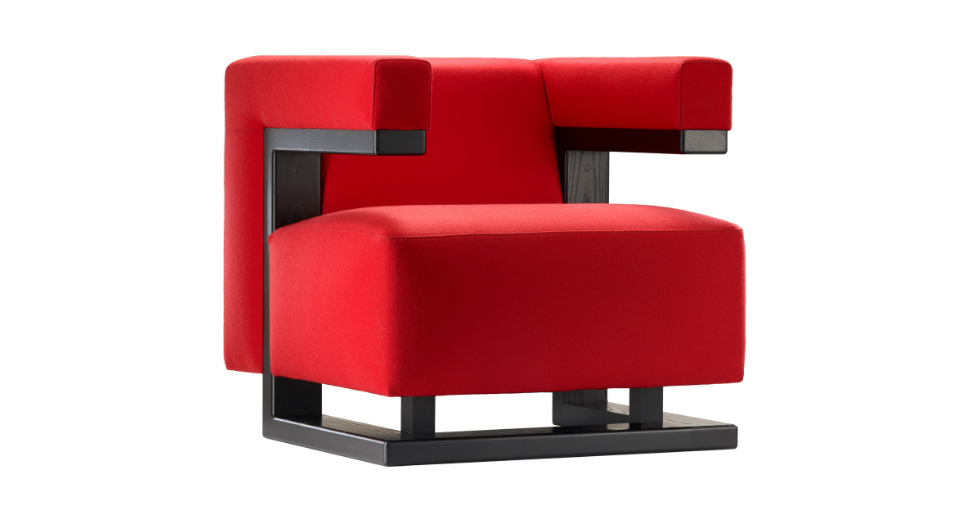
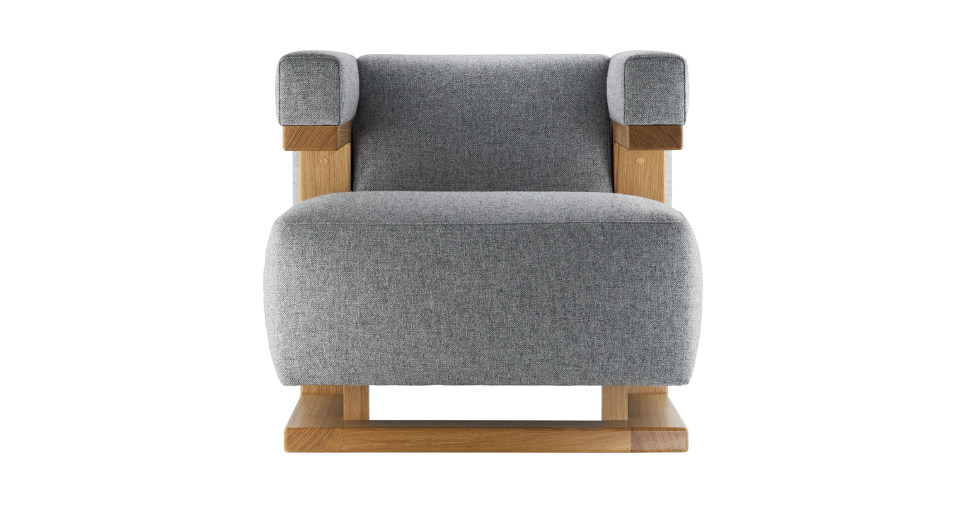
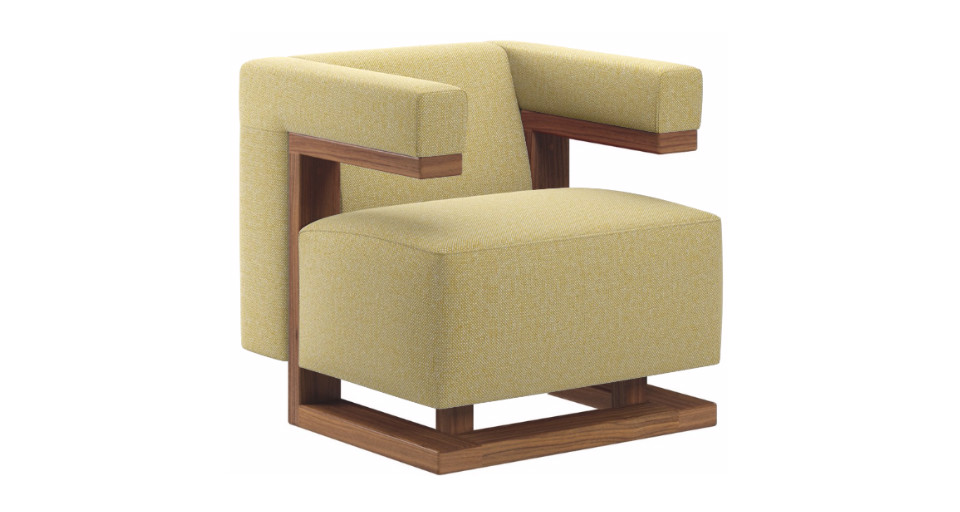
F 51 Chair
Walter Gropius
Tecta
Starting at $4,050
Free Delivery
Price Match Guarantee
Please call 800-959-4729 for product questions or material samples.
The Walter Gropius designed cubist F 51 armchair and sofa suite combine voluminous upholstery with a novel frame. This intersection of volume and linearity is reminiscent of contemporary architecture projects by Gropius, particularly the residential building that he referred to as Baukasten im Grossen (Large-scale building kit). But the frame of this armchair is significant for another reason. The armrests protrude freely and even the back of the chair does not touch the ground. When the upholstery is removed, this cantilever armrest structure reveals itself as a precursor of the cantilever chairs, and anticipates, if turned 90 degrees, Marcel Breuer’s stool on runners from 1925. Walter Gropius' timeless and comfortable F 51 chair is a masterwork of functional design and works beautifully in both residential or high-traffic commercial settings.
Measurements: W 27.6" X H 27.6" X D 27.6"
Materials: Solid Ash, Solid Oak or Solid Walnut, Selected Lacquer color, High-Density Cushion Core, Selected Upholstery

Walter Gropius established his own architecture and industrial design practice in 1910. His output in this period included wallpapers, mass-produced interior furnishings, car bodies and even a diesel locomotive. The Fagus Factory in Alfeld an der Leine, which he designed together with Adolf Meyer, would be his first major architectural work. With its transparent façade of steel and glass, this factory building is widely held to be a pioneering work of what later became known as Modern Architecture, evolving eventually in the 1920s into the Neues Bauen - New Objectivity movement. The Fagus Factory was awarded UNESCO World Heritage status in June 2011. After the First World War, Gropius became a founding member of the Bauhaus. In 1919 he succeeded Henry van de Veldes as the Director of the Großherzoglich-Sächsischen Hochschule für Bildende Kunst in Weimar and renamed the institute Staatliches Bauhaus in Weimar. Gropius held the office of Director in Weimar until 1926 and subsequently in Dessau. He was succeeded by Ludwig Mies van der Rohe, who directed the Bauhaus until its closure in 1933. Gropius immigrated to England in 1934, following a smear campaign by the Nazis, who branded the Bauhaus a Church of Marxism. In 1937 he relocated to Cambridge, Massachusetts, where he served as a professor of architecture at Harvard University’s Graduate School of Design.

PLEASE SELECT YOUR PREFERRED MATERIAL SAMPLES AND WE WILL QUICK-SHIP THEM TO YOUR HOME OR PLACE OF BUSINESS

There are many options available for our upholstered designs. Please
contact us below to order or call 800-959-4729 for immediate assistance.
There are many options available for our upholstered designs. Please contact us
below to order or call 800-959-4729 for
immediate, personal service.

Get 15% off your first purchase.
Sign up today we will email you the information to receive 15% off your order at checkout.*
* Some exclusions apply
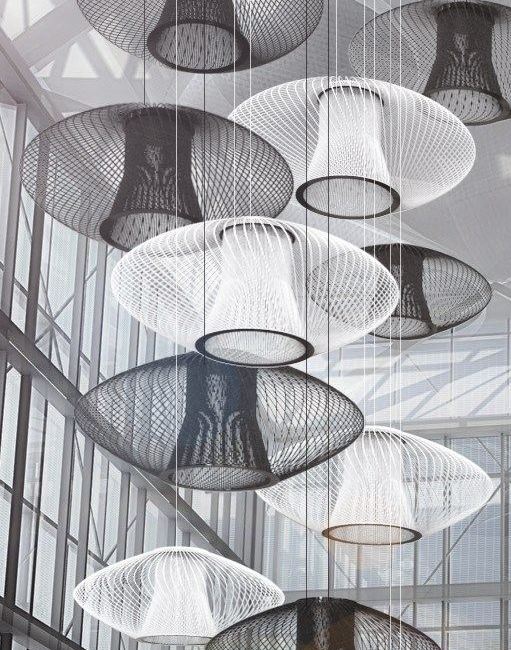

Don't go without getting 15% OFF
On your first order when you
subscribe to receive special offers and promotions.*
* Some exclusions apply


